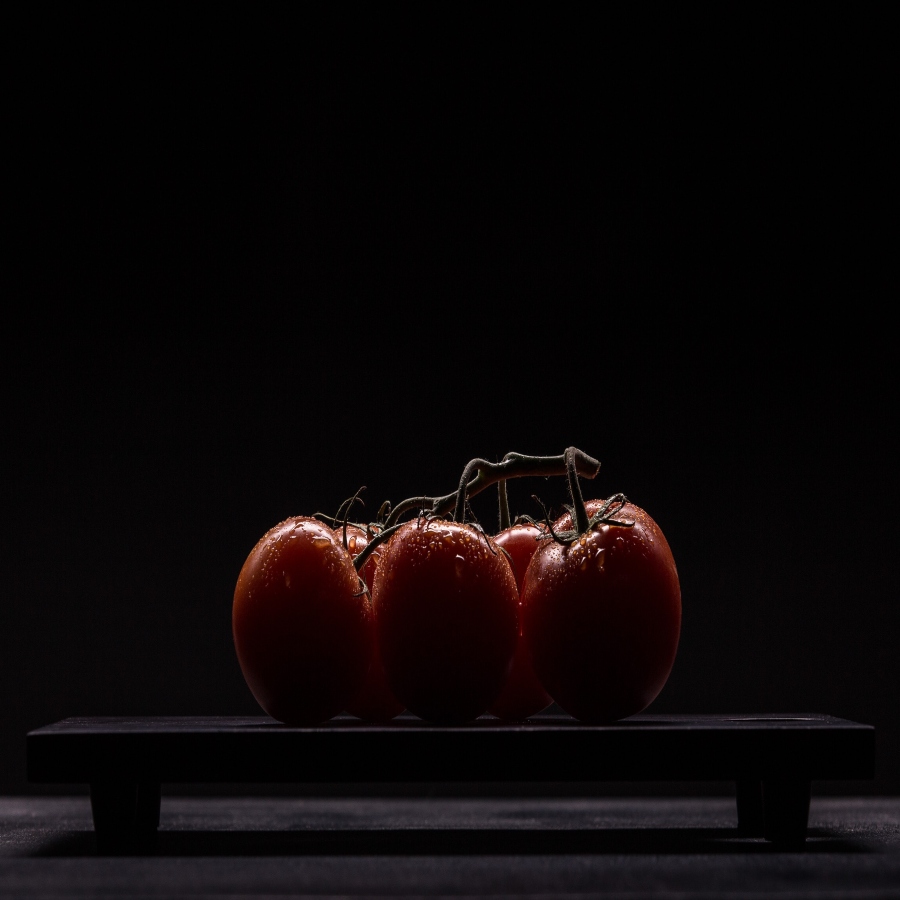The End
Me at his door, trying to convince him I was a good person. But I wasn’t a good person back then, needy and egotistical, kind and then poisonous. On his doorstep that day, David told me I was like a creeping bellflower, a weed people mistake for a flower and let run rampant in their gardens. The problem is, he told me, a weed is a weed. I looked up creeping bellflower, and it did have beautiful bluebells crawling up its stalks. It also has an extensive root system, so it spreads quickly and chokes out the other plants. A weed is a weed.
Three Months Earlier
I surprised David with small gifts while I cheated on him with a fellow teacher, a writer who often dropped phrases like sign as both mark and meaning into conversation. I let him tease me for dating David, the school’s landscaper. The last gift I gave David was a cactus in a minuscule ceramic pot. The gift before that, a Zen garden with a Lilliputian rake. Before that, a dwarf Bonsai tree. That all of these gifts were miniatures seem a sign of the tightness of my heart back then, the smallness of who I was. Or maybe they signified nothing at all.
A Year Before
David helped me start a plot in the community garden, where we planted tomatoes and lettuces. When tiny leaves sprouted, he bent to inspect them, his hands deft as he pressed a leaf between thumb and forefinger. He gave me directions on watering and aeration, but I only half-listened, savoring the taste of words like bonemeal and humus. That I could grow anything astounded me, although I knew it wouldn’t be long before the plot burned out.
The Beginning
David and I ate lunch in the school’s garden—raised beds of beans, cucumbers and squash. He once plucked a fat heirloom tomato from the vine and held it up for careful inspection. Seeds are passed down each season to preserve desirable traits like juiciness or color, he explained, holding up the misshapen tomato, shades of purple and deep orange stretched across its skin. Each variety is genetically unique, and that’s what gives them a resistance to pests and diseases. The French sometimes call it pomme d’amour, he added, and offered me a taste.

